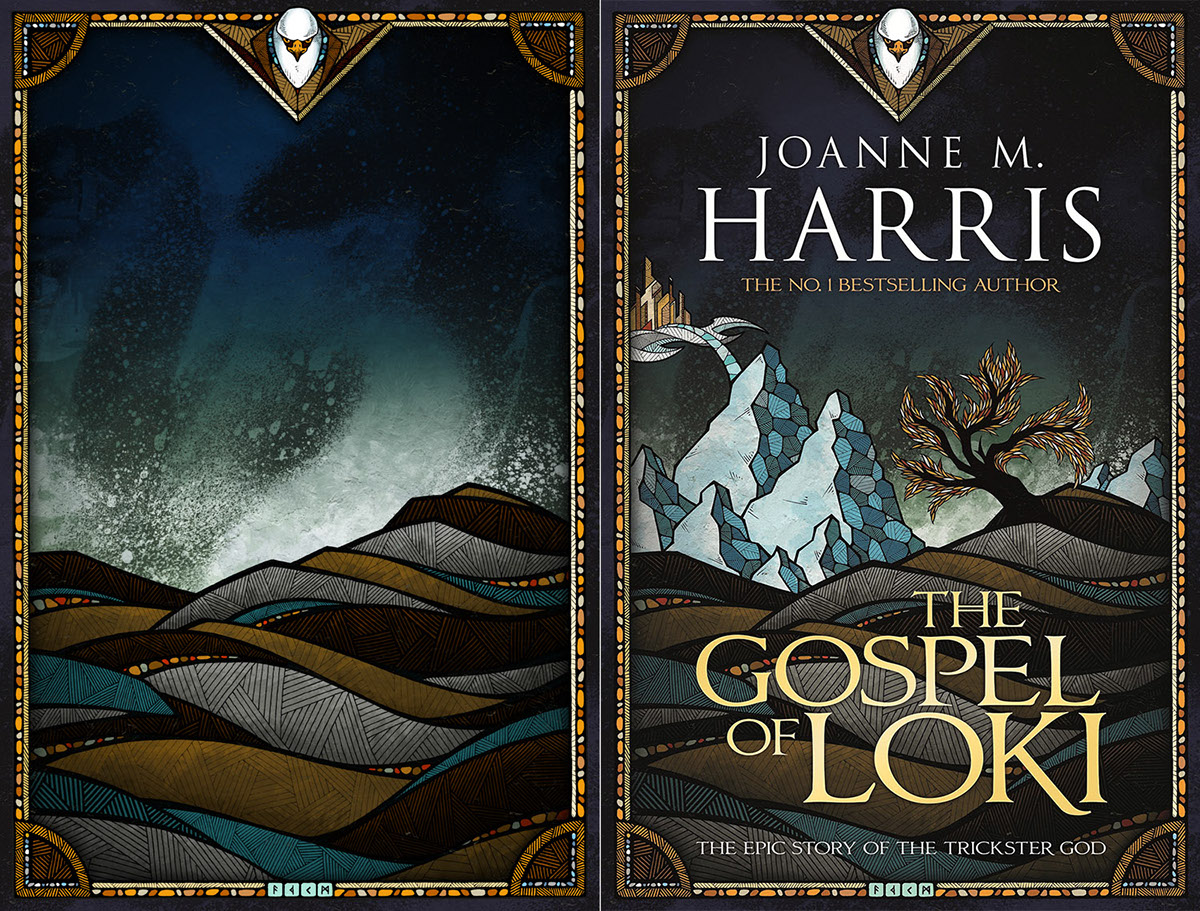The tone of his narrative is
gossipy and engaging, with wry asides and perceptive commentary. Loki is arrogant
and confident; he loves causing chaos and tricking people into believing what
he wants them to. He is seduced from the world of Chaos by Odin who brings him
to the world of Order and sets him up as his son, but he is never accepted by
the other gods and feels his difference. He also understands, however, that he
can never return to his former way of life, as Sturt, god of the world of Chaos,
will never take him back. As a result of this, he is brutally aware that he
will have to take care of himself. His chapters are in the form of lessons with
subtitles, such as “Never trust a ruminant”; “Never trust a wise man”; “Never
trust a relative”; until he comes to the conclusion, “Basically, never trust
anyone”.
While he likes some aspects of
this world, not everything meets with his approval, and he is particularly
dismissive of sentiment and love. “Love is boring. People in love are even more
so… As far as I could understand, love made you weak and boring.” Loki doesn’t
understand the concept of punishment either, which he criticises with a wry
aside at modern culture. “Punishment is futile, of course. It doesn’t stop
crime, or undo the past, or make the culprit sorry. In fact, all it does is
waste time and cause unnecessary suffering. Perhaps that’s why it’s the basis
of so many world religions.”
Loki’s account takes a modern
world view: one in which we have to protect our world or risk losing it. But he
is quick to point out the difference between the civilization and the earth,
which will survive with or without us. “The Worlds have ended before, many
times, and been remade. Nothing lasts. History spins its yarn, breaks threads,
spins again, like a child’s top, going back to the beginning.” It is not the
planet we seek to save, but ourselves, and he understands that we may have left
it too late: change is inevitable. This is a frightening commentary on the
hate-filled, virtue-signalling, self-preservation, capitalist society in which
we live.

No comments:
Post a Comment